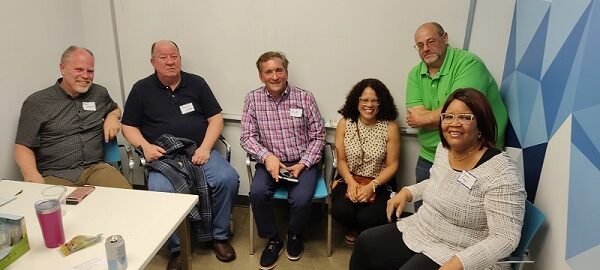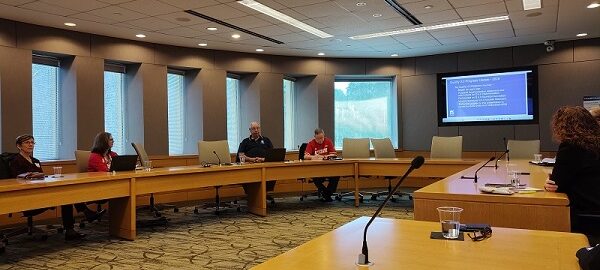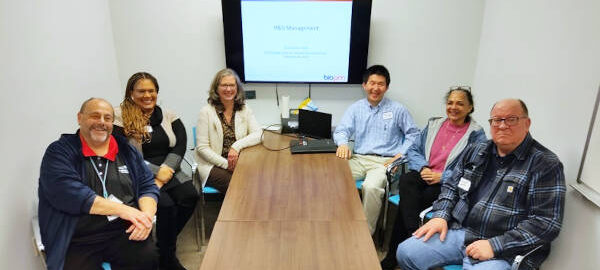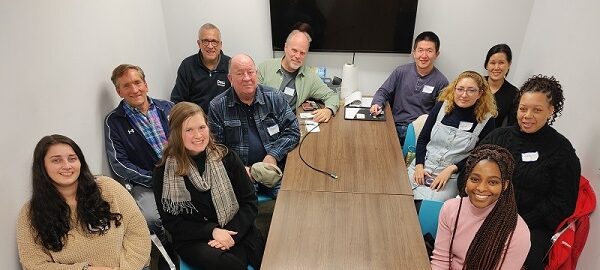On Thursday, April 10th, eight people attended the Raleigh Section of ASQ Special Interest Group (SIG) meeting and had a lively discussion, led by Tim Whetten.
Tim gave a brief introduction to CAPA (Corrective and Preventive Action) which was followed by discussion of experiences and frustrations with the process. Frustrations tended to be around bureaucracies that tend to create too many CAPA projects and that keep CAPA projects open for a long time.
It was pointed out that an organization can perform an investigation for each nonconformance and only launch CAPA projects when the organization determines that the impact and likelihood of recurrence justifies it. Focusing on a few CAPA projects allows an organization to provide attention and resources to those improvement projects that are needed.
In addition, the discussion inevitably touched on various problem-solving tools and factors influencing a Continuous Improvement culture, for example, the roles and responsibilities of CAPA owners, coordinator, and review board. Participants also pointed out common mistakes and misunderstanding in CAPA concepts and practices. For example, a correction is not the same as a corrective action.
The next SIG meeting at Frontier RTP will be on Thursday, May 8, 2025.





